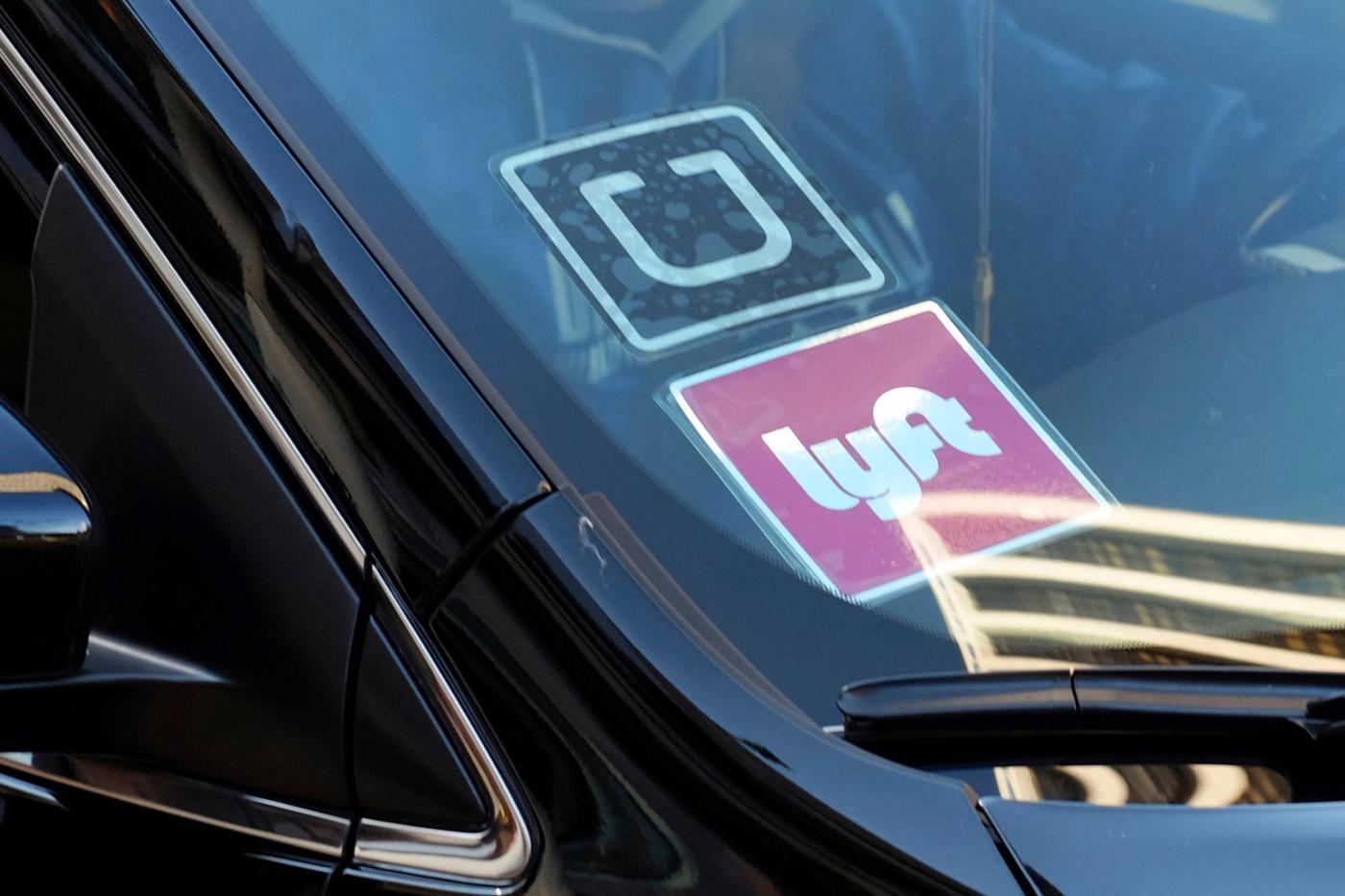
Rideshare drivers win right to unionize in Massachusetts after ballot question victory
Rideshare drivers in Massachusetts working for app-based companies like Uber and Lyft gained the right to unionize Wednesday after residents voted in favor of a ballot question backed by a property services union.
The outcome offers 32BJ SEIU and other unions in Massachusetts the opportunity to bolster their ranks in an untouched industry that has long drawn scrutiny in the Bay State for its treatment of drivers and work environment.
In a statement more than 16 hours after polls closed in Massachusetts Tuesday evening, 32BJ SEIU Assistant to the President Roxana Rivera said working people in Massachusetts won a “monumental victory with Question 3” and she expects “prompt implementation.”
“Massachusetts voters have shown us they want drivers to have a meaningful check against the growing power of app-based companies: by empowering them to join together in a union. SEIU 32BJ has always backed working people in their big fights to achieve big things, and Question 3 is no different,” she said in a statement.
Results from the Associated Press last updated just before 1 p.m. Wednesday showed more than 1.6 million residents voted to approve the question while 1.4 million opted to oppose it.
United for Justice, a campaign largely funded by 32BJ SEIU and its international parent union, has said there are more than 70,000 drivers in Massachusetts who are working for app-based companies like Uber and Lyft.
Granting those drivers the right to unionize would allow them to negotiate improvements over their pay and working conditions and challenge so-called deactivations, or when a driver loses access to their account.
The question drew the support of U.S. Reps. Ayanna Pressley and Jim McGovern as well as Attorney General Andrea Campbell and a cadre of state lawmakers.
The question never drew a formal opposition group even though officials at Uber weighed setting up a coalition to challenge the policy.
Critics of the measure have argued that only half of rideshare drivers in Massachusetts would meet the threshold to vote for unionization laid out in the ballot question. That would leave a small percentage of drivers making unionization decisions for the larger group, critics said.
The ballot question hands rideshare drivers the right to collectively bargain with their companies over wages, benefits, and conditions of work, according to a summary prepared by Campbell’s office.
The ballot question establishes a procedure to determine when drivers are “active,” or have completed more than the median number of rides in the previous six months, according to the summary.
A union would need to gather signed authorizations from 5% of “active drivers” to gain a list of other “active drivers” at companies like Uber and Lyft, the summary said.
Unions would then need signatures from at least 25% of “active drivers” in Massachusetts to make an attempt at becoming their exclusive bargaining representative, according to Campbell’s summary.
The push to approve the ballot question came as Campbell’s office forged ahead with a lawsuit against Uber and Lyft that targeted the classification status of drivers working for the two companies.
Related Articles
Who will certify Donald Trump’s presidential win? Kamala Harris, that’s who
Donald Trump’s transition starts now. Here’s how it will work
Trump promises to bring lasting peace to a tumultuous Middle East. But fixing it won’t be easy
Massachusetts Question 4: Voters reject legalizing psychedelics
Donald Trump has sweeping plans for a second administration. Here’s what he’s proposed
The legal challenge, originally filed by then-Attorney General Maura Healey in 2020, culminated in a $175 million settlement in June that raised the minimum pay to $32.50 per hour for drivers but did not resolve the classification question.
The settlement also ended a separate ballot question campaign led by Uber and Lyft to classify drivers as independent contractors who were entitled to some benefits rather than full-time employees.


